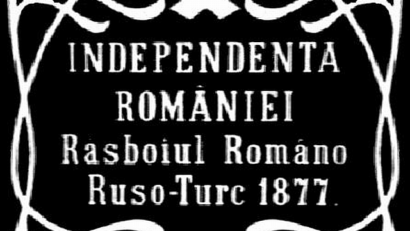
On May 10th, 1877 Romania proclaimed its independence and became one of the 20 European nations enjoying this status

The communist regime that was freshly instated in 1945 initiated an education reform.

Bucharest, as any modern city, has been constantly changing since the first half of the 19th century.

After the painful loss of the national treasure, which was taken by Russia during WWI, the Romanian authorities thought of taking the treasure of the National Bank of Romania to a safer place during WWII
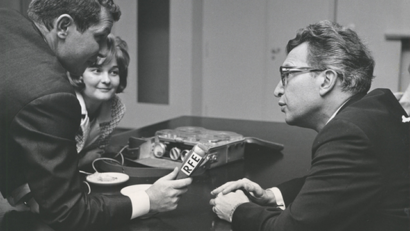
Radio Free Europe journalist Monica Lovinescu about the attempts of the Romanian communist regime to stifle dissenting voices.

Ideology and dictatorship in the first half of the 20th century

After the installation of the first communist government in Romania, the Romanian Communist Party began to implement the planned or command economy.
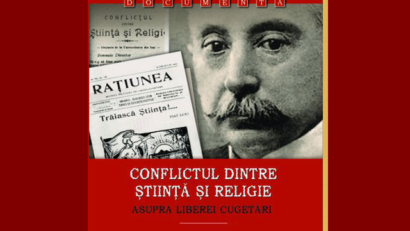
Throughout history, challenging the authority of the clergy was often accompanied by movements that sought to reform religion.

On March 27, 1918 the Country's Council, the representative assembly of all Romanians from Bessarabia, voted for the union with the Kingdom of Romania

In times of war, heroism blends with the tragic, the comic and the absurd.

Cooking has a magical component that has been an interesting topic for historians, folklore researchers and anthropologists, who have assigned it cultural value

For decades, the life of Romania's communist elites was a mystery for the common people.
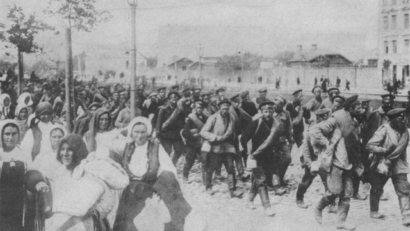
Romanias campaign of 1916-1917 ended with the Treaty of Bucharest signed in Buftea in 1918.

The word “torturer gained widespread use in the Romanian language after 1989, being a derivative of the verb “to torture. Communist prisons were the environment where the embodiment of this word, the torturer, appeared
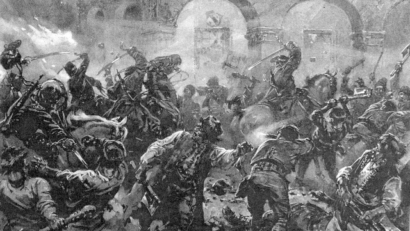
This year Romania marks 110 years since the bloody Peasants' Uprising of 1907
